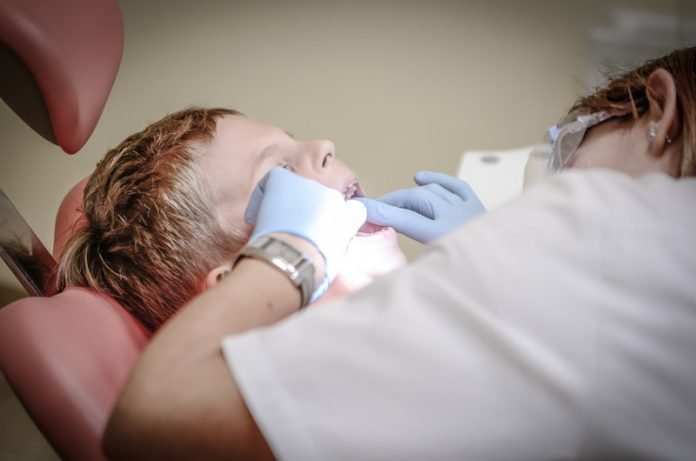
When they go to the dentist to get a tooth pulled or another procedure, patients might not think that the prescription they receive to ease their pain could put them or their family at risk of an opioid overdose.
In a new study from the University of Michigan, researchers found that overdose rates were two and a half times higher among patients who filled a prescription for an opioid medication after a dental procedure, compared with those who didn’t fill such a prescription.
Overdose rates were also higher among the family members of such patients – possibly from misuse of the leftover pills.
In the study, the team used data from 8.5 million dental procedures in teen and adult patients between 2011 and 2018 whose care was covered by Medicaid or private dental insurance.
Nearly 27% of these patients filled a prescription for an opioid such as hydrocodone or oxycodone.
The researchers identified 2,700 overdoses that occurred in the 90 days after a tooth extraction or 119 other dental procedures. That works out to about three overdoses for every 10,000 dental procedures.
The rate was 5.8 per 10,000 among those who filled an opioid prescription within three days of their procedure, compared with 2.2 per 10,000 among those who didn’t.
The researchers note that other data have shown that in 2016 alone, dentists wrote 11.4 million prescriptions for opioids.
The study’s findings suggest that 1,700 overdoses a year could be happening because of dental opioid prescriptions.
The study also used data from 3.5 million privately insured dental procedure patients to examine overdoses within 90 days in the patients’ family members.
The rate of overdose was 1.7 per 10,000 procedures in family members of privately insured patients who filled opioid prescriptions, compared with 1 per 10,000 procedures among those who didn’t.
In the study, 400 family members of patients were treated for opioid overdoses in the 90-day period after the dental patient’s procedure.
In all, 42% of these overdoses were in the child of the patient who had a procedure, and another 25% were in a spouse; the rest were in parents and siblings.
The study shows that when patients fill dental opioid prescriptions, the risk of opioid overdose increases both for themselves and their family members.
This underscores the importance of avoiding dental opioid prescribing when non-opioids like ibuprofen and acetaminophen are effective options for pain control, as is the case for the majority of dental procedures.
If you care about pain and opioids, please read studies about this drug can be harmful to people with opioid use disorders and findings of opioid misuse may permanently change the brain.
For more information about opioid addiction, please see recent studies about these 3 medications may help treat opioid addiction and results showing the key to recovering from opioid addiction.
The study is published in the American Journal of Preventive Medicine. One author of the study is Kao-Ping Chua, M.D., Ph.D.
Copyright © 2021 Knowridge Science Report. All rights reserved.



